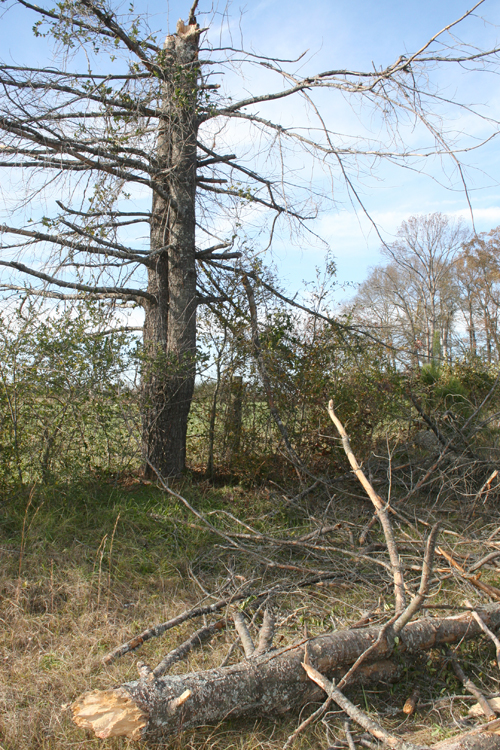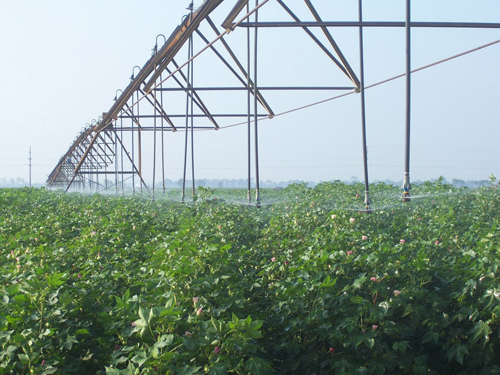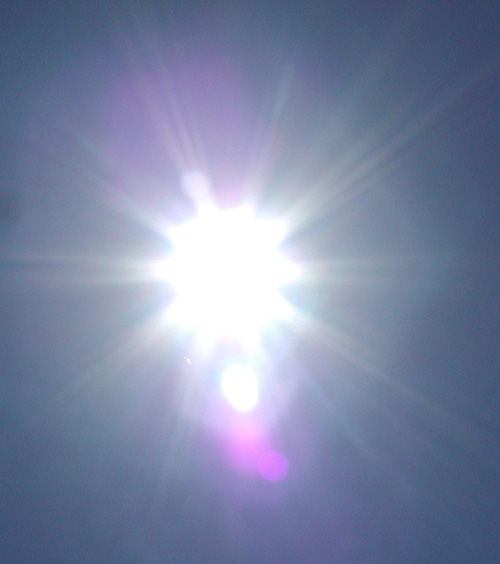-78201.jpg) CAES News
CAES News
Protect plants
Don’t box up those old Christmas tree lights just yet. Along with old blankets, quilts and cardboard boxes, they could be the key to keeping tender plants from freezing this winter.

-IMG_7085-low.jpg)


